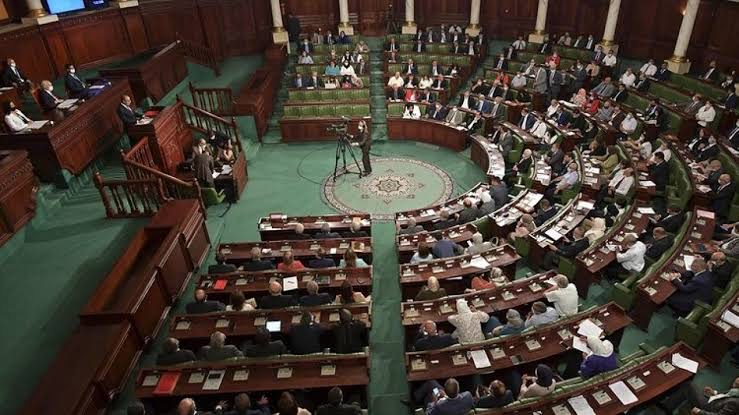Tunisia’s parliament voted in favour of a new government on Tuesday, with several parties supporting Prime Minister-designate Hichem Mechichi’s line-up half-heartedly to avoid the threat of new elections.
SEE ALSO: Boris Johnson Holds First Face-To-Face Cabinet Meeting In Almost Five Months
Following a 15-hour session, the cabinet won 134 votes out of the 217 members of parliament.
Mechichi, a 46-year-old independent politician, needed the backing of a simple majority in parliament, which meant 109 votes.
He replaces Elyes Fakhfakh, whose government stayed in power for around five months. Mechichi was an interior minister in Fakhfakh’s cabinet.
This is the third cabinet in Tunisia since this parliament was elected last year.
If Mechichi’s government had not received the needed backing, President Kais Saied would have had the power to dissolve the parliament and call for new elections.
Mechichi, designated by President Saied in July to form a new cabinet, presented his technocratic line-up last week, prompting attacks by several blocs in parliament who preferred the inclusion of political figures to represent parties and factions in parliament.
His cabinet is made up of academics, public servants, businessmen and experts.
Ahead of the session, Mechichi addressed the lawmakers defending his nominations.
He said the deteriorating situation in the country calls for competent figures who can intervene quickly and effectively to find solutions to the various problems and challenges.
While they rejected Mechichi’s proposals for days, Tunisia’s Islamist Ennahda movement, the largest bloc in the parliament elected last year, and the centre-left Qalb Tounes party later changed their minds.
Abdelkarim Harouni, a senior member of Ennahda, said before the vote that the party decided to back this cabinet due to the difficult situation the country is going through, then seek future changes to the line-up.
Tunisia, the birthplace of the Arab Spring revolts, is widely seen as the sole democratic success story of the 2010-11 uprisings.
But it has had seven prime ministers since longtime leader Zine el Abidine Ben Ali was toppled in 2011.
The country has struggled with civil unrest as well as great economic difficulties, which have been have been exacerbated by the coronavirus pandemic.
The economy is expected to shrink by up to 7 per cent.



Leave a Reply